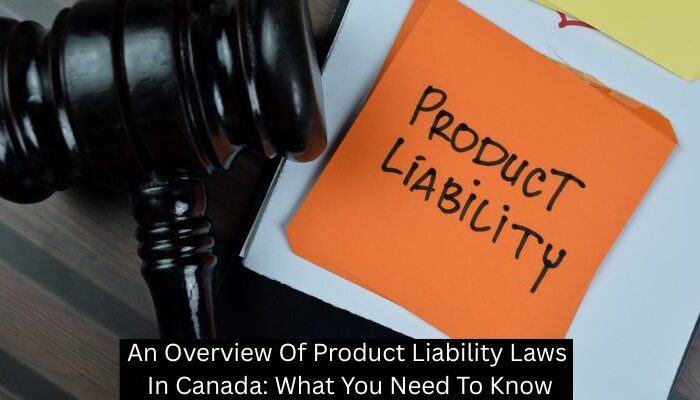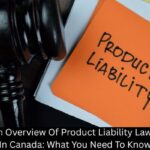
Debt collection is a common aspect in financial transactions. Debt collection is a method through which creditors get their debt back from those individuals or companies who owe them money and have failed to repay the funds on the set-out time and date. Basically, debt Collectors or Debt Collection Agency is a company who acts as a middle man and help original creditors to get their debt repaid from debtors.
The laws regarding debt collection vary from province to province. In Ontario, debt collection is primarily governed by the Collection and Debt Settlement Services Act (CDSSA). The laws of CDSSA apply to the debt collection agencies and give them certain rights on collecting past funds from the debtors. When a creditor sells the debt to the collection agency, the debt collection agency will contact you to collect the money as they are legally empowered to do so.
Notice By The Debt Collection Agency And What Does It Contain?
The contact process begins with a letter or a written notice which entails all the necessary details including; creditor’s information, the owed amount, type of debt, the date when the debtor defaulted, the current amount you owe, etc. Upon request, debt collectors must provide verification of the debt, including details of the original creditor and the amount owed. This verification, often referred to as debt validation, includes details about the debt, such as the original creditor, the amount owed, and any relevant account numbers.
The notice sent by the agency will also include their information and a confirmation that agency is registered. In case the agency is not registered, it is debtor’s right to know whether or not the debtor agency which is contacting you is registered. This licensing requirement helps ensure that debt collectors operate ethically and follow the law in their collection practices. It is highly advisable that a debtor must authenticate all the details regarding debt on the notice once the debt collection agency starts contacting you.
Calling Phase – Whom The Agency Can Call?
There is 6-day time-period for a debtor to decide on taking any action. Once the notice has been served by the agency and 6 days have been passed, the agency has the right to call you. There are certain regulations that debt collection agencies are bound to follow; such as: it is forbidden to call debtors on holidays and not more than three times in a week. Harassment, coercion, and other aggressive tactics are prohibited.
One must also keep in mind that the debt collection agency has rights under CDSSA to contact your family, friends, and coworkers but only to the extent of acquiring your contact information. Oftentimes, the agency can also reach out to your employer for purpose of knowing your employment status.
Is There Any Time Limit Prescribed For Collecting Debts?
It is pertinent to note that creditors become empowered with the right of getting the debt repaid when the debtor defaults. Default makes the debt discernible and vests the creditor with a right to begin with a legal action. Under the Limitation Act, 2002, two-year time frame is set out for the debts to be recovered. It is significant to mention that the debt does not vanishes if two years have passed. The debtor still owes the funds to the creditor. Expiry of time period results in a good defense for the debtors but the claim of the debtor cannot be disregarded.
Contact The Lawyers At Ayaz Mehdi Professional Corporation!
If you are facing any challenges or uncertainties regarding debt collection in Ontario, reach out to the lawyers at Ayaz Mehdi Professional Corporation.
Disclaimer: Kindly note that sending or receiving information through this site does not establish a solicitor-client relationship. Legal matters are fact-specific, and the law is variably changing. The views expressed and the content provided on this blog are general guidelines and cannot substitute for proper legal advice. Schedule your legal consultation by clicking here: Let’s meet!






